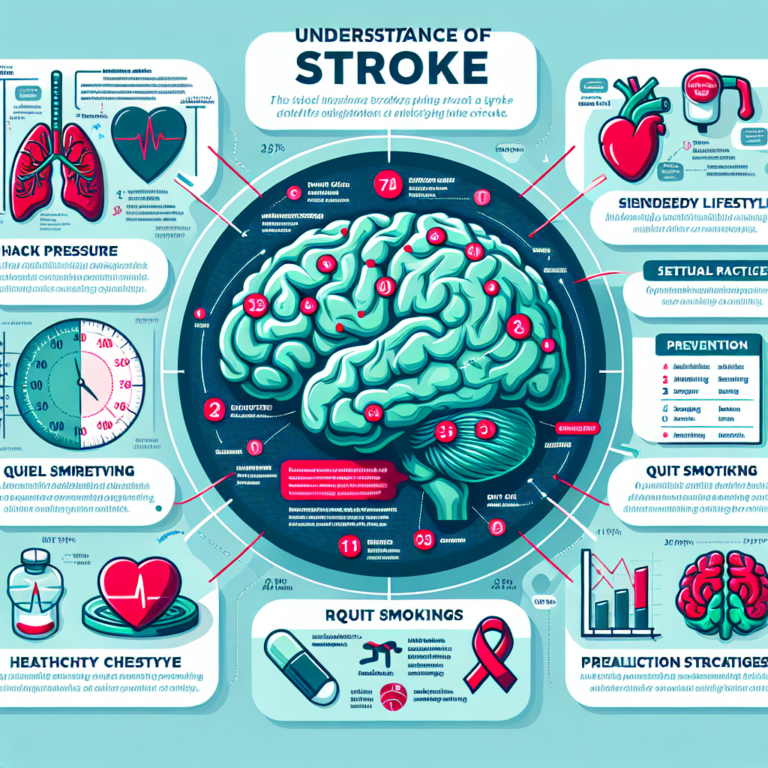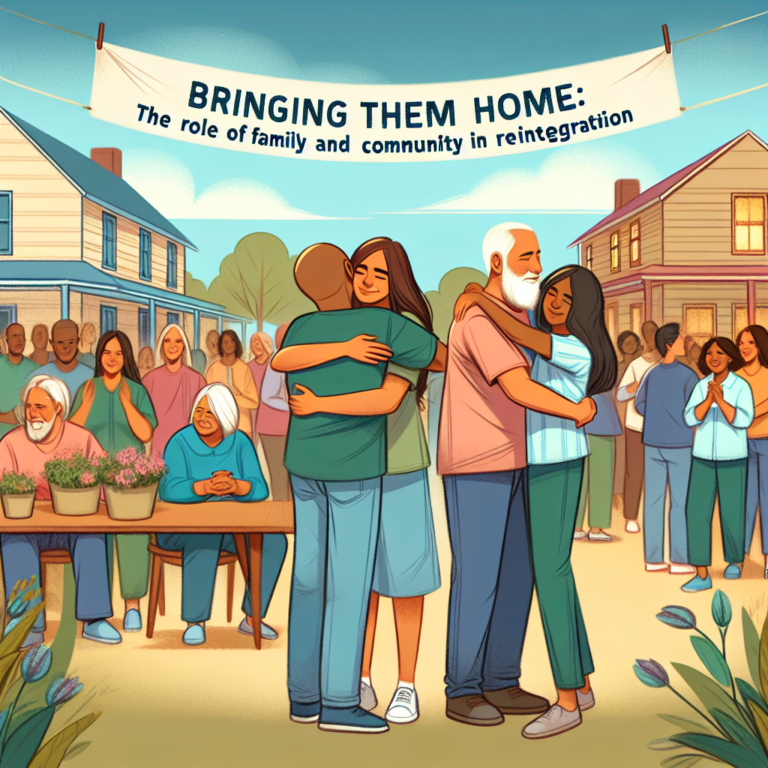
Introduction
In a world where mental health issues are increasingly common, the importance of accessible and effective care cannot be understated. Innovations in integration are not just buzzwords; they represent a transformative shift in how mental health services are delivered. As we dive into the digital age, the intersection of technology and mental health offers promising tools and methodologies that can revolutionize care. This article explores these groundbreaking innovations, showcasing how they enhance mental health services, from teletherapy to AI-driven diagnostics and more.
The Digital Transformation of Mental Health Services
Understanding the Landscape
Before we delve into specific innovations, it’s crucial to grasp the existing challenges in mental health services. Traditional models often suffer from barriers such as:
- Limited Accessibility: Geographical hurdles prevent many individuals from receiving timely care.
- Stigmatization: Many individuals fear judgment, keeping them from seeking help.
- Resource Constraints: There is often a shortage of qualified mental health professionals.
This backdrop sets the stage for understanding how technology is breaking down these barriers through innovations in integration.
Teletherapy: Bridging the Gap
One of the most significant advancements is teletherapy. By using video conferencing platforms, therapists can meet clients in a virtual setting. A case study from the University of Florida found that teletherapy increased patient engagement by 30% compared to traditional methods. This is particularly crucial in rural areas, where access to therapists can be limited.
| Advantages of Teletherapy | |
|---|---|
| Increased accessibility | More individuals can seek help without traveling. |
| Flexibility | Schedules can be adapted to fit clients’ needs. |
| Reduced stigma | The privacy of home can encourage those reluctant to seek help. |
Innovations in integration such as teletherapy not only allow for immediate access to care but also empower individuals to take control of their mental health journey.
Mobile Apps: The New Age of Mental Health Management
Another innovation is the proliferation of mental health applications. Apps like Headspace and Calm offer mindfulness and meditation resources at users’ fingertips. A survey conducted by the American Psychological Association indicated that 65% of users experienced reduced anxiety after using such applications regularly.
| Popular Mental Health Apps | Features |
|---|---|
| Headspace | Guided meditations |
| Calm | Sleep stories |
| Moodfit | Mood tracking |
AI and Machine Learning: Predictive Analytics in Mental Health
Artificial Intelligence (AI) is another powerful tool making waves in mental health integration. By analyzing vast amounts of data, AI can identify patterns and predict mental health crises before they occur.
Case Study: Woebot Health
Woebot, a conversational AI, employs cognitive-behavioral therapy principles to engage users. A study by Stanford University revealed that users reported a 20% reduction in depressive symptoms after interacting with Woebot for just a few weeks. This showcases how AI can serve as a supplementary tool for mental health care.
Online Support Communities: Fostering Connections
The importance of community in mental health cannot be overlooked. Online support groups, such as those facilitated by platforms like 7 Cups, allow individuals to connect with peers facing similar challenges. A study from Harvard University highlighted that participants in online groups reported a 50% increase in feelings of support and understanding.
| Benefits of Online Support Communities | |
|---|---|
| Anonymity | Users can share without the fear of judgment. |
| Peer-to-peer support | Real-life experiences can offer comfort and practical tips. |
| Accessibility | Individuals from all walks of life can join. |
Integrative Care Models: Holistic Approaches
Innovations in integration also encompass holistic approaches that blend physical health and mental health services. Clients are treated as whole individuals, with their lives viewed through a comprehensive lens. Programs that include counseling, psychological services, and physical health care exhibit improved outcomes.
Case Study: The MGH Center for Primary Care
The Massachusetts General Hospital’s primary care initiative integrates behavioral health into its routine services. As a result, patient satisfaction scores increased by 40%. This model exemplifies how comprehensive care can improve outcomes by treating both mental and physical health.
The Role of Data in Enhancing Mental Health Services
Data-Driven Decision Making
Data analytics plays a vital role in mental health integration. By harnessing patient data, healthcare providers can tailor treatments to meet individual needs. For instance, predictive modeling can identify those at risk of developing severe mental health conditions based on various factors like demographics and previous medical history.
Privacy Concerns: A Double-Edged Sword
However, with great power comes great responsibility. The collection and integration of data must respect patient privacy. Innovations in encryption and data anonymization can help mitigate risks, ensuring that while technology improves access to services, it does not compromise confidentiality.
Overcoming Barriers to Integration
Challenges Faced by Providers
Despite the benefits, the integration of technology in mental health services is not without challenges. Mental health professionals may face hurdles such as:
- Training and Adaptation: Professionals need to adapt to new technologies, which requires ongoing education.
- Resistance to Change: Some practitioners may be set in traditional methods and reluctant to adopt new practices.
- Funding and Resources: Securing funding for innovative programs can be difficult.
Solutions for Effective Integration
To overcome these challenges, organizations must invest in training programs, encouraging a culture of openness towards innovation. Leadership must advocate for a clear vision and demonstrate the benefits of modern practices.
Future Trends in Mental Health Technology
The Rise of Virtual Reality (VR)
Virtual Reality (VR) technology is paving the way for innovative treatment methods. It’s being explored for exposure therapy in phobias and PTSD. Studies show that VR can effectively simulate real-world scenarios, helping patients conquer their fears in a controlled environment.
Gamification: Engaging Patients in New Ways
Gamification is another burgeoning trend. Educational games designed to teach coping mechanisms can resonate with younger audiences. For instance, the app SuperBetter encourages users to tackle mental health challenges through game mechanics, promoting resilience and emotional regulation.
Conclusion
In conclusion, technological innovations are profoundly impacting mental health integration, creating pathways for accessible, efficient, and personalized treatment. By leveraging teletherapy, mobile apps, AI, and online communities, mental health services are evolving at a pace that allows for more holistic care. The future belongs to those organizations that recognize the necessity of these changes and act on them decisively.
As we reflect on the journey of integrating innovation into mental health care, let us champion the mental health professionals, tech developers, and community members committed to this cause. Together, we can create an environment where everyone has the resources to thrive mentally and emotionally.
FAQs
1. What are the primary benefits of teletherapy?
Teletherapy offers increased accessibility, convenience, and reduced stigma, allowing more individuals to seek help.
2. How can AI contribute to mental health services?
AI enhances predictive analytics by identifying at-risk individuals through data analysis, providing early intervention opportunities.
3. What should I consider when choosing a mental health app?
Look for apps with evidence-based practices, user-friendly interfaces, and positive user reviews focusing on mental well-being.
4. Are online support communities effective?
Yes, they allow users to connect with others facing similar challenges, increasing feelings of support and understanding.
5. What does the future hold for mental health technology?
Emerging technologies like VR and gamification are expected to enhance treatment methods, engagement, and patient outcomes, paving the way for a more integrated approach to mental health care.
By understanding and embracing these Innovations in Integration: How Technology is Enhancing Mental Health Services, we can take substantial steps toward a future where mental health care is effective, accessible, and compassionate for all.















